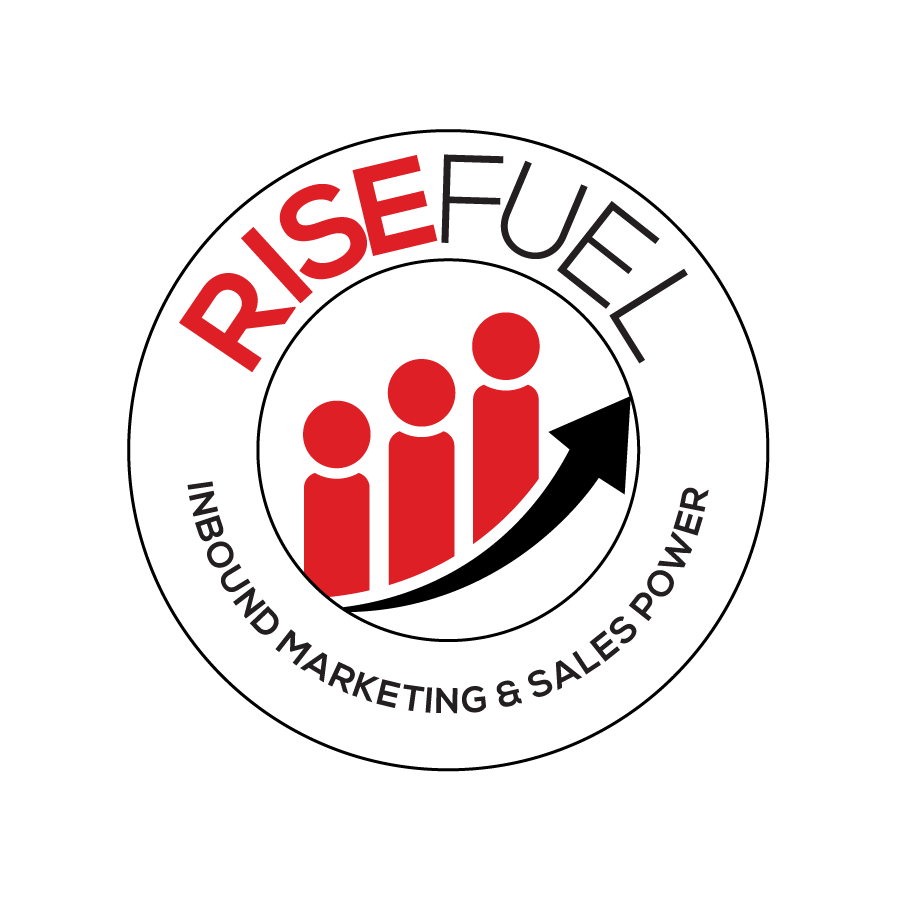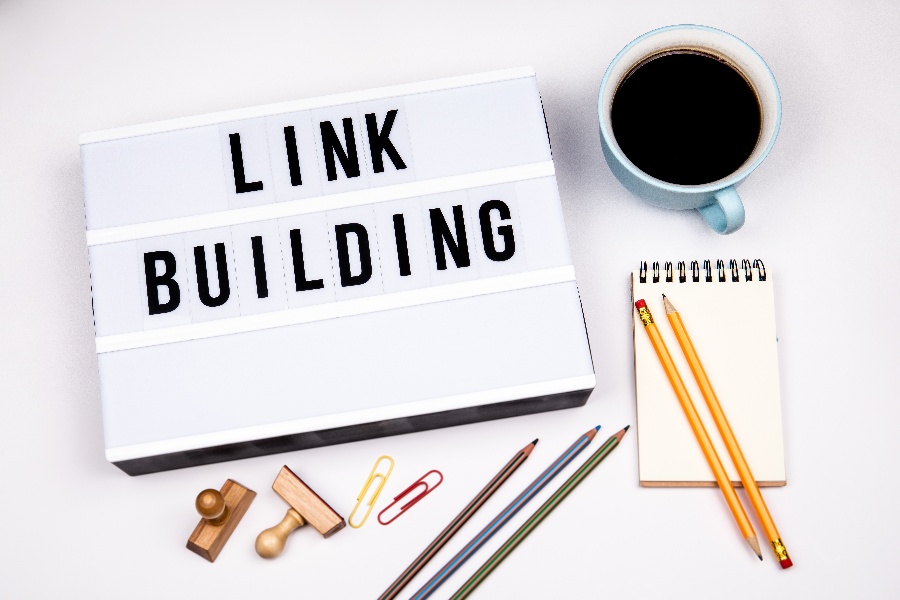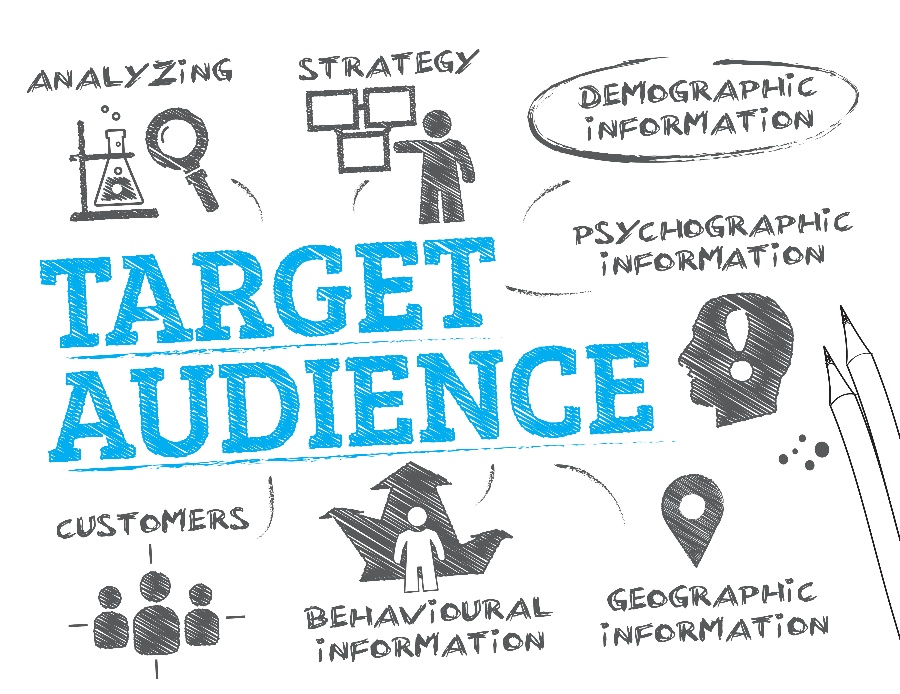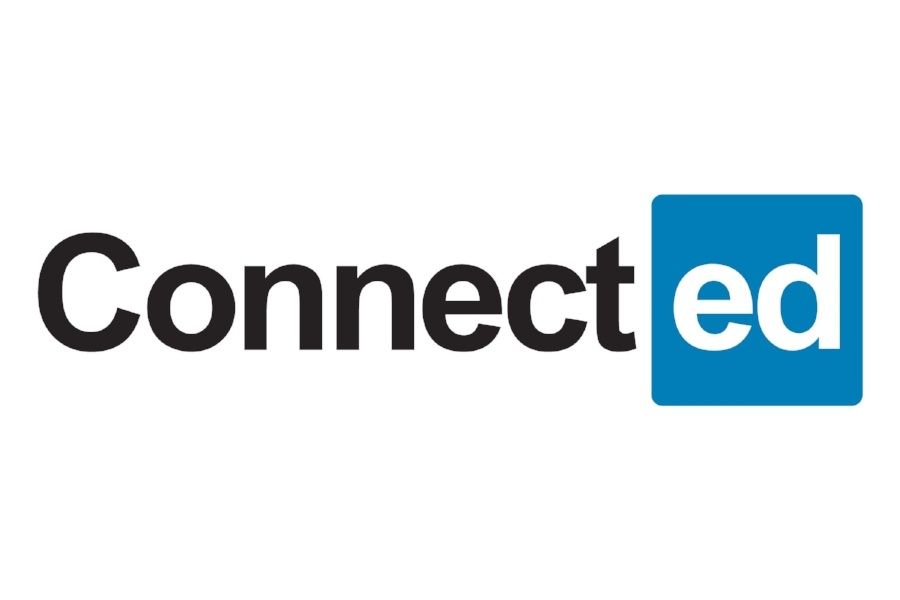
You’ve heard how important links are for search engine optimization, but how do you actually get quality links pointing to your site? Don’t worry, we’ve got your back. In this complete guide to link building, we’ll walk you through everything your business needs to know. From link building strategies and outreach tactics to tracking your progress, we’ll cover it all. With clear explanations, actionable tips, and real-world examples, you’ll learn how to build natural links, connect with influencers in your industry, and boost your site’s authority. So get ready to become a link building pro after reading this.
Whether you’re just starting out in SEO or looking to take your efforts to the next level, you’ll find invaluable advice to help get more high-quality backlinks and improve your search rankings. Let’s dive in!
What Is Link Building and Why It Matters
Link building refers to gaining links from other websites that point back to your own. These inbound links are essential for SEO because they signal to Google that your site is reputable and authoritative. The more high-quality links you have, the higher you'll rank in search results.
Website Authority
The websites linking to you also matter. Links from authoritative sites like major media publications or industry leaders carry more weight. Google considers links from these reputable domains as "votes" to boost your own site's authority.
Natural vs Unnatural Links
Google prefers "natural" links that occur organically because they see them as more authentic endorsements of your content. Unnatural links, like paid links or link exchanges, are considered "black hat" SEO tactics and can hurt your rankings. The goal is to create content so compelling that others link to you naturally.
Anchor Text
The words in the link itself, known as the "anchor text," also provide context for Google. Having a healthy mix of your target keywords, brand name, and generic text like "click here" in your inbound links helps to signal the topic and purpose of your site. But be careful not to over-optimize anchor text, as that can seem unnatural.
Building a Link-Building Strategy
An effective link-building strategy takes time and effort. Create a content calendar to publish valuable resources worth linking to. Pitch journalists, bloggers, and industry experts to raise awareness of your content. Comment on other sites and blogs, providing helpful information with a link back to your site. Submit your content to directories and link roundups. Leverage social media and email marketing to increase traffic and potential links.
With the right approach, link building can drive more search traffic and boost your search rankings. But always focus on creating resources worth linking to and let links build naturally from there.
Best Link-building Strategies for Businesses
Guest Blogging
One of the most effective ways to build quality links is through guest blogging. Reach out to authoritative blogs in your industry and offer to contribute a blog post. Make sure the post is high quality and includes one or two links back to your website. Guest blogging allows you to get in front of an established audience and build authoritative links.
Broken Link Building
Broken link building involves finding broken links on other websites and offering to replace that link with one to your own content. Search for opportunities by using link checkers to identify sites linking to now-defunct web pages. Reach out to webmasters and offer to provide an alternative link to your site. This helps webmasters provide value to their readers while earning you a quality link.
Infographics
Share infographics on your website and promote them on social media platforms like Facebook, Twitter, and LinkedIn. Reach out to publications, bloggers, and influencers in your industry and offer to provide an infographic they can share with their audience. Ask for a link back to your website in return. Infographics are visually appealing and highly shareable, making them an excellent link-building tool.
Online PR
Pitch journalists, reporters, and bloggers to help raise awareness of your brand, services or products. When your pitch gets coverage, you'll receive a valuable link back to your website. Focus on building relationships with key influencers in your industry. Provide them with relevant and timely story ideas, press releases, data or sources that would be of interest to their readers. Online PR is one of the most effective ways to gain high-quality, authoritative links to your website.
With the right strategies and outreach, you can build a successful link profile and improve your search rankings. The key is creating great content, nurturing relationships, and providing value to others. Keep at it, and you'll earn high-quality links and more organic search traffic in no time!
Identifying High-Quality Backlink Opportunities
Now that you know what makes a good backlink, it’s time to find opportunities to build them. A good place to start is with resources you already use and trust. Think of industry websites, blogs, podcasts, and YouTube channels that you follow. Reach out to them and offer to write a guest post, do an interview, or contribute in some other way. These types of backlinks from authoritative, relevant sites are ideal.
Industry Outreach
Do some research on influential people and media outlets in your industry. Build a list of target sites and start reaching out to them. Offer to write a guest blog post or do an interview. Be prepared to suggest some topics you could cover. Don’t be afraid to follow up if you don’t hear back right away. With consistency and persistence, you’ll start to build relationships and gain valuable backlinks.
Resource Link Roundups
Creating lists of useful resources or tools for others in your industry is a great way to build backlinks. Reach out to sites and ask if they would be interested in publishing your resource roundup or linking to it on your own site. This provides value to their readers and gives you an opportunity to build high-quality backlinks from authoritative sites.
Infographics and Visual Content
Infographics, videos, photographs and other visual media are popular and linkable types of content. Create visual content focused on an interesting topic or study in your industry and promote it to influential websites and social media accounts. Ask them to include a link back to your site when they share or publish your content. Visual content that provides value stands a good chance of being linked to by others.
With some research and outreach, you'll be well on your way to building a strong backlink profile to boost your search rankings and refer more organic traffic to your site. The key is finding opportunities that provide real value to others in your industry. Focus on quality over quantity and keep pitching relevant, authoritative websites. In time, you’ll gain more and more high-quality backlinks.
Outreach Tips to Get Influencers to Link to You
Building relationships with influencers in your industry is key to earning high-quality backlinks. But how do you get influencers to actually link back to your site? Here are some proven outreach tips:
Do Your Research
Spend time researching influencers in your niche to find those who might be genuinely interested in your content. See what they’ve linked to in the past and what they engage with on social media. The more you understand their interests, the more personalized your outreach can be.
Be Transparent
Explain clearly why you’re reaching out and what’s in it for them and their audience. For example, say something like “I thought this resource on [topic] would be valuable for your readers.” Influencers appreciate honesty and transparency.
Focus on Value
When asking for a link, focus on the value it provides to their audience. Say something like “This ultimate guide to [topic] would make a great resource for your readers.” Influencers are more likely to link to content that benefits their followers.
Build a Relationship
Don’t just reach out and ask for a link right away. Engage with the influencers first by commenting on their blog posts, sharing their content on social media, and starting a genuine conversation. Build a real relationship and rapport; then they may link to you willingly.
Make it Easy
Provide everything the influencer needs to link to your content in your initial outreach, including the URL, anchor text, and a sample link or badge they can easily copy and paste. The easier you make it for them, the more likely they are to link back.
With the right approach, you can build relationships with influencers and gain high-quality backlinks that drive referral traffic and boost your search rankings. But remember, focus on value and transparency rather than aggressively asking for links. Build real connections and the links will come naturally.
Tracking and Measuring Your Link-Building Results
Now that you’ve put in the work to build high-quality links, it’s time to see how it’s impacting your business. There are a few ways to track the results of your link building campaign.
Check Your Rankings
Search engine rankings are one of the best indicators of successful link building. About 4-6 weeks after building new links, search for your target keywords in Google and see if your rankings have improved. Moving up even just a few spots is a sign your link building is working.
Monitor Referral Traffic
Links are meant to drive referral traffic to your site, so keep an eye on your website analytics to see if there’s an uptick in traffic from other websites. Look for sources that match the links you recently built. Growing referral traffic is a sign those links are valuable.
Track Link Metrics
Use a link tracking tool to monitor key metrics for your new links like domain authority, click-through rate, and link equity. Make sure those numbers are going up over time. If they start to drop, it may be a sign those links have become less valuable. Consider doing some link maintenance to boost them again.
Check for Link Diversity
Link diversity refers to having links from a variety of high-quality websites. If all of your links come from the same type of site, it won’t help your rankings as much. Aim for links from industry blogs, news sites, educational resources, and influential brands. Track the types of sites linking to you and look for opportunities to diversify.
Link building, like any marketing strategy, requires ongoing management and optimization to be truly effective. Monitor your key metrics regularly and make changes as needed to keep improving your results. With consistent tracking and refinement, link building can have a huge impact on your search rankings and referral traffic.
Conclusion
You've reached the end of our guide to link building, and hopefully, you now have all the info you need to start building quality links for your business. Remember, it's not a quick process - it takes strategy, persistence and patience. But it's one of the most worthwhile investments you can make in your website. So start brainstorming link opportunities, connect with influencers in your space, create link-worthy content, and keep at it.
With the right approach, your link profile and domain authority will steadily improve. And you'll ultimately see the SEO benefits for your site. Link building is tough but so valuable. Stick with it, stay focused on white hat tactics, and you'll be well on your way to link-building success.













